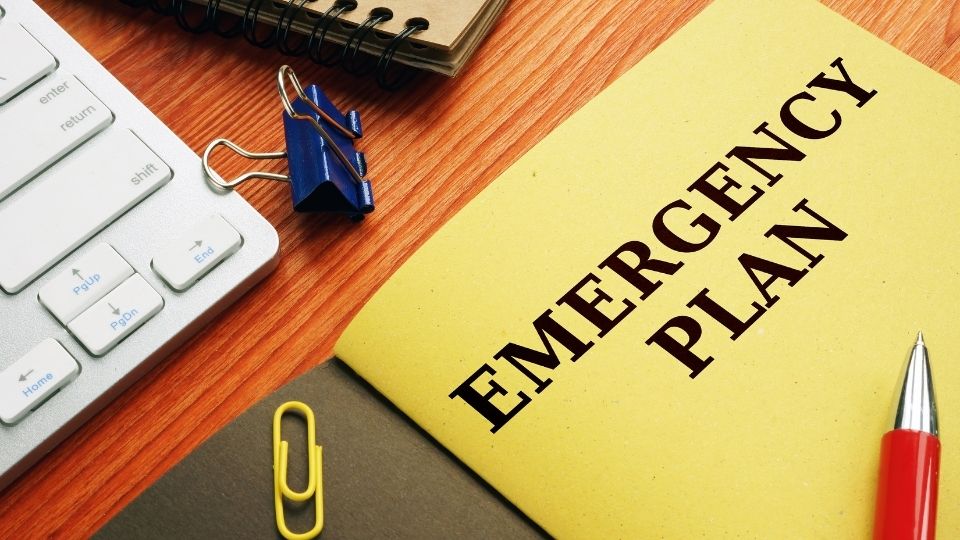
Tallahassee shares in the natural disaster hazards that include hurricanes, floods and wildfires that are common to many cities in Florida.
The capital city is in communication with local and state governments, educational facilities and the legal system that strive to minimize these threats in pursuit of ways to improve strategies for disaster preparedness and response.
Tallahassee and Leon County have taken significant steps to strengthen infrastructure and prepare communities for extreme weather events. Leon County Emergency Management Director Kevin Peters emphasized the importance of preparedness, especially after tornadoes in early May highlighted the region’s vulnerability.
“Our goal is to have every resident understand the importance of preparing ahead of time, especially as we face an increasingly active hurricane season,” Peters said at a disaster preparedness seminar hosted by the county.
Both city and county governments have allocated funds for infrastructure improvements designed to withstand storms and floods. These include upgrading drainage systems and improving the resilience of power grids. These efforts are supported by legislation that aims to funnel more state resources into local disaster preparedness initiatives.
Florida State University and Florida A&M University are also key players in disaster preparedness efforts. FSU’s Center for Disaster Risk Policy (CDRP) collaborates with state and local governments to offer training and conduct emergency response simulations.
“Our partnership with local governments ensures that students and officials alike are equipped with the knowledge and skills to manage crisis situations,” said an FSU representative involved in the CDRP.
Besides academic research, FSU and FAMU actively involve themselves in the disaster simulation training of their students for real-world tactics of emergency management and response. These exercises help bridge the gap between academic learning and practical application. This means that anyone who graduates into public service or into the field of emergency response is well-prepared.
Many of the local schools are placing disaster preparedness into school curricula; everything from routine fire drills to practicing evacuation techniques for hurricanes. This would ensure that students and staff members know what to do in case of an emergency.
Furthermore, school partnerships with emergency management teams ensure a clear, efficient evacuation and communication plan within the educational institutions themselves. Such programs create a preparedness culture in the diverse youth of Tallahassee and build their ability to look after themselves and their immediate communities against natural disasters.
“Powerful storms like Hurricane Helene and Hurricane Milton threaten lives and disrupt learning, leaving students and families facing displacement,” said U.S. Secretary of Education Miguel Cardona. “We are leveraging every resource to support schools, families and communities during these natural disasters.”
The Tallahassee judiciary plans for remote hearings during disasters, working with local partners for post-disaster recovery and efficient handling of related legal issues, which is vital for quick community bounce-backs.
Community organizations, including the Red Cross, are part of Tallahassee’s disaster network, offering training and resources. Leaders emphasize improved response and neighborhood preparedness programs for practical training.
“Preparedness starts at home, but it’s the collaborative efforts between local governments, nonprofits and volunteers that make the real difference when disasters strike,” a representative from the American Red Cross Capital Area Chapter said in a statement.
Tallahassee’s multi-faceted approach to disaster preparedness, which involves government, educational institutions and the legal system, highlights the importance of collaboration in the face of growing environmental challenges. Through legislation, academic partnerships, and community engagement, the city is taking proactive steps to protect its residents from the increasing threats posed by climate change. However, as
Kevin Peters reminds us; preparedness is a community-wide effort.
“It’s not just about government agencies; it’s about everyone being ready to respond when disaster strikes.”
Peters would like to see more Tallahassee residents engage with ongoing preparedness efforts and to ensure they are ready to face the increasing risks of natural disasters.